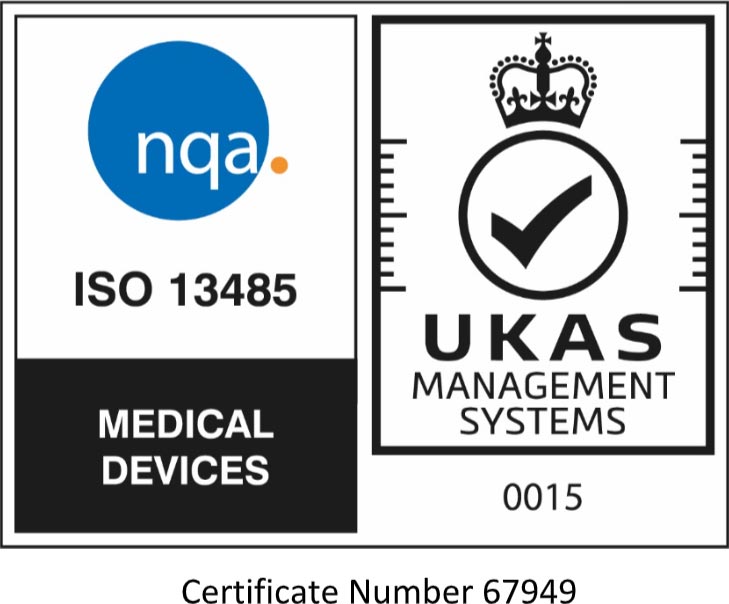Our capabilities are growing. Tell us how we can help you.
The UK technology reducing domestic energy costs
As the cost-of-living crisis accelerates in the UK, we’re acknowledging the technological innovation coming out of the UK aiming to reduce domestic energy costs.
As the energy crisis affects households throughout the UK, the unfortunate truth is that the situation isn’t set to be resolved any time soon – in fact it appears to be getting worse. According to a new forecast, the energy price cap could reach nearly £3,000 in Britain at the beginning of October, with the planned increase possibly being more than £1,000. This is dire news indeed, especially for those already struggling with the last increase.
With millions of people in the UK currently in fuel poverty, this has forced us to think more carefully about how we heat and cool our homes. Whilst the government has pledged energy price reductions and one-off payments to those hit the hardest this isn’t going to offer much relief to the public feeling the pinch as it is in no way proportionate to the increases they are facing.
So, how else can households look to pay less for their energy? Much can be done at a household level; millions of UK homes are costly to heat or cool because they’re poorly insulated and designed. Technology will play a big role in helping consumers reduce their energy costs. There are big savings to be made by introducing more efficient technology into your home and thankfully, there are many companies innovating their way into this space.
Insulation can make or break a property when it comes to heating, if it isn’t sufficient then you can expect it to take longer to heat, not retain that heat for long, cost more in energy bills and have a low energy rating. According to Q-Bot’s website: “In a typical home, 20% of all heat escapes through a suspended timber floor. This leaves your home draughty and uncomfortable, while you waste energy and money heating cold rooms”.
Q-Bot uses robots as a solution for this normally difficult and disruption problem. Its robots can get into cramped spaces, scan and create a 3D map, and then spray insulation material where required. While Q-Bot initially worked with local authorities, in 2021 the company branched out into private properties. They have performed 2,000 installations in the UK so far, helping an average home cut around 700 kg of carbon emissions per year and reducing the yearly heating bill by £150.
By charging a subscription, like a phone plan, Welsh digital start-up Sero aim to take the hassle away from consumers by deploying technologies and algorithms that optimise energy usage for a desired level of warmth and power the home using the cheapest and greenest energy.
Legal & General and Hodge have recently announced multimillion investment into Sero’s smart home energy management technology to reduce emissions within the residential housing sector.
miGenie offers smart heating control in the form of their smart wireless thermostat and dedicated app. A smart thermostat gives you more efficient, more user friendly and more accessible control over your home’s heating. This control should allow you to heat your home more efficiently using reports about your usage to adjust your behaviour and preferences accordingly to save money.
According to their website “Independent research by the University of Salford in association with BEAMA has proven that installing a full set of heating controls in a property that doesn’t currently have them can save over 50% on heating bills”.
Indra
The British smart energy technology business Indra has announced plans to conduct the world’s largest vehicle-to-grid charging (V2H) trial later this year. V2H technology allows energy stored in the battery of an electric vehicle to power domestic electricity supply. With this technology, the vehicle is charged when electricity is at its cheapest and energy can then be sent back from the vehicle to the home at peak times.
Collating real-world data for a minimum of 12 months, Indra’s pilot data indicates that V2H technology can generate average savings of up to £200 per month on a household energy bill, with higher energy users able to save more.
Mike Schooling, Indra’s Founder and CTO, comments: “Connecting the vehicle to the grid is an intelligent use of energy but the ability to draw surplus power from an electric vehicle via V2H technology and use it in the home is a game-changer – and where the biggest savings can be achieved in today’s energy market.”
You can register to be a part of the trail now – https://www.indra.co.uk
Based in Cornwall, Kensa is the only UK producer of ground-source heat pumps providing reliable and efficient heating and cooling alternatives to polluting fossil fuels. According to their website, ground source heat pumps can reduce heating bills by 30 – 50% compared to oil and LPG and experience little to no disruption over the heat pump’s 20-year design life, with low maintenance and no need for annual servicing.
Moving to a heat pump means you can avoid the volatile prices associated with gas and oil. If you are using oil, Liquefied Petroleum Gas (LPG) or electric heating, you could see a reduction to your energy bill if you move to a heat pump.
The government has set a target of installing 600,000 heat pumps a year by 2028, admittedly the initial outlay for this technology is quite eye watering but there are a number of incentives to adopt this technology should you be in a financial position to do so. The government has recently announced 0% VAT on the installation of heat pumps and biomass boilers, which will last for 5 years.
Here at UK Electronics, we like to champion UK innovation and we’re finding the innovation unfolding in this space very interesting. Do you think we’ve missed any companies helping to reduce domestic energy costs with technology? Let us know via our social channels.








